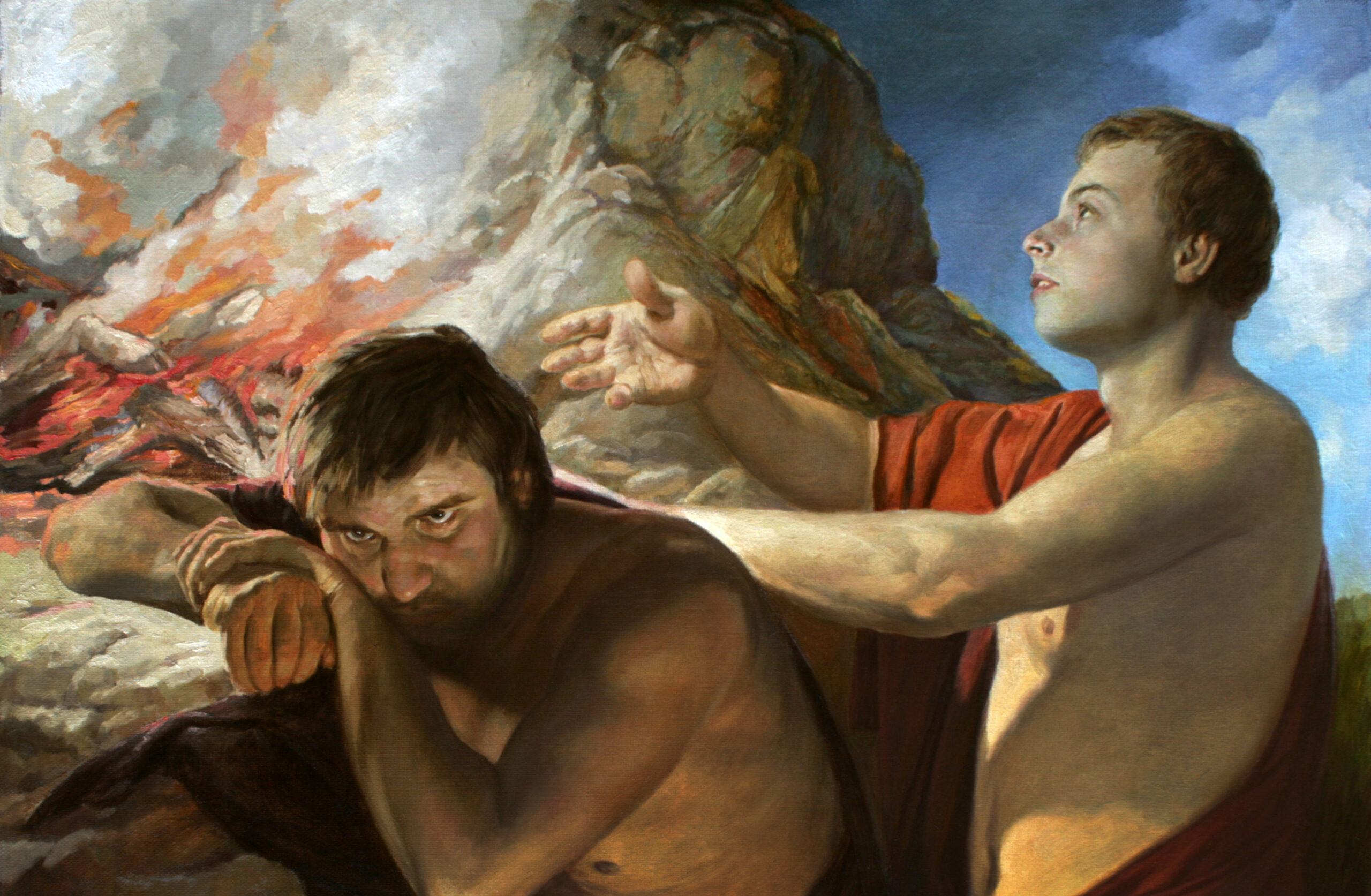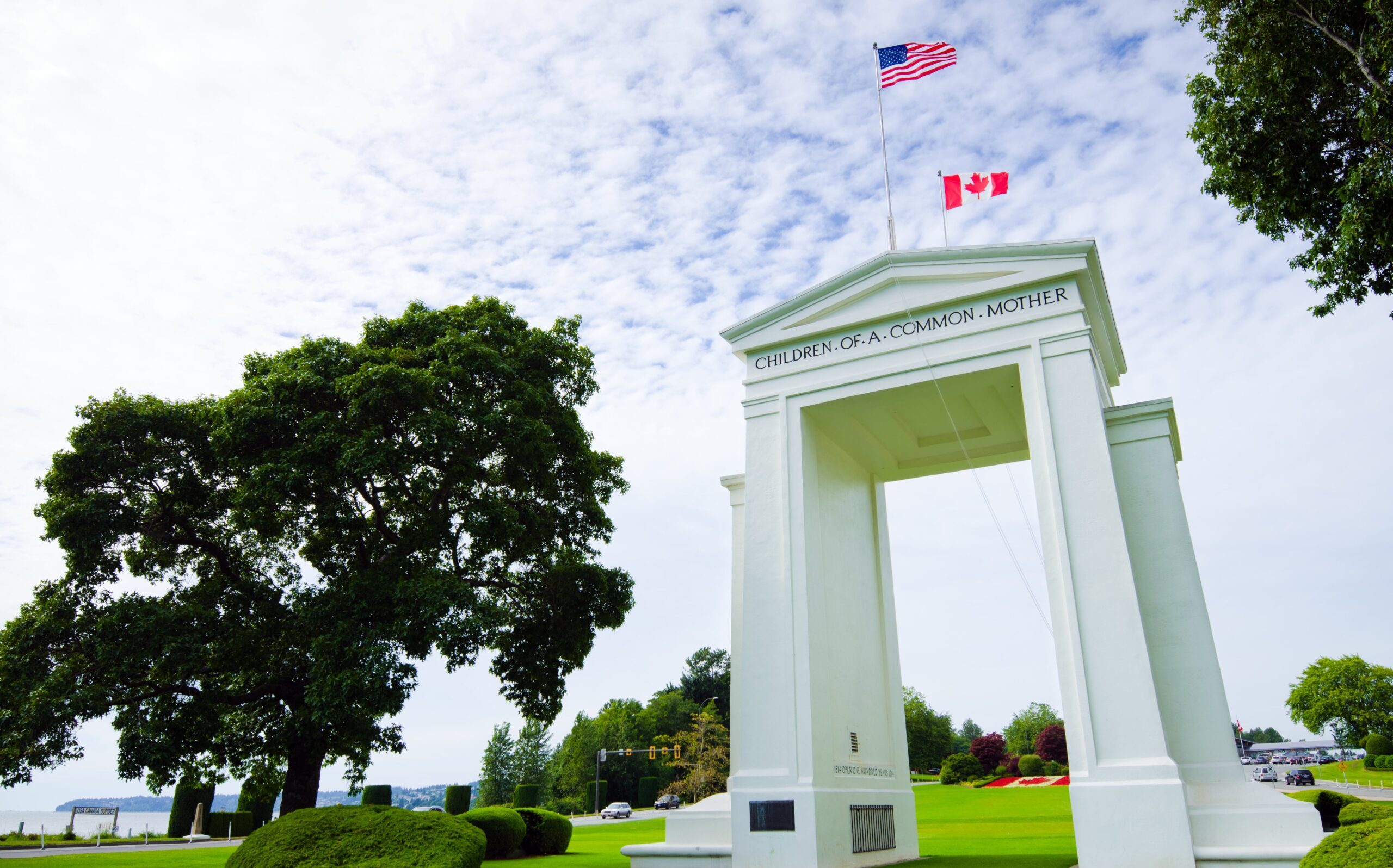The Shipwrecked Mind: On Political Reaction
By Mark Lilla
(New York: New York Review Books, 2016)
The “spirit of reaction” is back and more active than ever, says Mark Lilla in The Shipwrecked Mind. “Reactionaries are not conservatives,” he explains, for reaction is a political category outside the usual division between progressives and conservatives. “They are, in their way, just as radical as revolutionaries and just as firmly in the grip of historical imaginings.” Both revolutionaries and reactionaries, Lilla suggests, identify currents in the course of history: revolutionaries claim to see where history is going and insist on bringing it about, while reactionaries survey the course we’ve come and identify only a shipwreck. Yet the real shipwreck, Lilla suggests, is in the mind of the reactionaries themselves.
Lilla identifies the core of the reactionary worldview in the nostalgia he ascribes to thinkers such as Joseph de Maistre, writing in the wake of the French Revolution. Faced with what they perceived to be a catastrophic end to the existing political order, the original counterrevolutionaries “became adepts at telling a sort of horror story.” The harmonious order that existed once upon a time was damaged from within by some transformation, whether intellectual, religious, economic, or otherwise. In Lilla’s view, reactionaries deployed the “post hoc, propter hoc” fallacy to conclude that bad events of recent years occurred because of preexisting rot. And who are the reactionaries? “Today,” Lilla says, “political Islamists, European nationalists, and the American right tell their ideological children essentially the same tale.”
Lilla’s argument has a reactionary character of its own. Though he admits that historical writing began “with the need to explain the seemingly inexplicable reversals of fortune,” he says that his own book arose from the need to explain a new force that came on the scene especially in the twentieth century: nostalgia. Though nostalgia has been present as long as human memory, political nostalgia has, in Lilla’s story, fogged modern political vision, settling on Europe “like a cloud.” Nostalgia has little to recommend it to Lilla’s eyes. It shines up the past into an idealized form and erroneously assumes that it may be easily recovered, if only we reject the forward march of history that has been wrongly imposed on us. Other commentators such as Yuval Levin have been quick to identify nostalgia in the antiestablishment American political movements of 2016, particularly that of Donald Trump. “Make America Great Again” is, they would say, the very slogan of that nostalgia.
Whatever role nostalgia may play in human society, it is a strange concept to pick as the unifying explanation behind the political positions of the thinkers Lilla discusses. The Shipwrecked Mind gathers Lilla’s reviews and essays on Franz Rosenzweig, Eric Voegelin, Leo Strauss, Alasdair MacIntyre (and his latter-day admirers, such as Brad Gregory), Alain Badiou, Michel Houellebecq—and political Islam. Writing as a sort of psychoanalyst to philosophers and his fellow intellectuals, Lilla identifies their dissatisfaction with the modern world as their shared starting point for inventing a better and idealized past.
When Lilla presents the revolutionary and reactionary attitudes as two stances toward what is called “history,” the two approaches seem to cancel one another out. If the revolutionary sees human history about to go in a certain direction and seeks to bring it about, how is his basic view—that history is an aspect of human existence—any different from that of the reactionary who knows and wants to restore the past? Lilla appears to escape this dilemma by blaming the revolutionary’s vision of the future as well. But in effect, criticism of reactionaries simply plays into the hands of revolutionaries: if avoiding the pitfalls of revolution and reaction means we instead have to favor the present, this often means merely adjusting to the world as created by revolutionaries. Defining and analyzing the present is often hardly easier than guessing the future or knowing the past.
Identifying “nostalgia” as the motivating factor in reaction to the French Revolution is strange for several reasons. The revolution was an actual event that occurred in living memory of many of the writers who criticized it. They did not simply imagine a catastrophe and stipulate that a glorious past existed before it. Nor was interest in the long-term causes of the French Revolution peculiarly a feature of reactionary thought. The impression that “centuries of cultural and intellectual developments culminated in the Enlightenment” is not a controversial matter in historical scholarship, even though the details of the story may be controverted endlessly. The revolutionaries claimed the mantle of the Enlightenment and deliberately rejected aspects of the ancien régime, often in excessive or blunt ways. One does not have to be a “sufferer” of nostalgia, as Lilla describes the reactionaries, to see that publicly decapitating political opponents (including even friends of the revolution) was, as we might say nowadays, an overreach. Tocqueville and many others looked for the causes of the revolution earlier in French and European history. Unless they, too, are reactionaries, interest in the long-term causes of present events cannot be called the unique preserve of nostalgists.
The examples Lilla adduces to prove that nostalgia is the core view of the “reactionaries” require more than a little finessing to fit his template. Leo Strauss never described himself as a “reactionary,” and while lack of the self-description is insufficient on its own, the term is a bad fit besides. One of Strauss’s most widely known themes is his challenge to the historicism he saw as the main fixture of his fellow intellectuals’ worldview (as it remains today). When Lilla characterizes Strauss’s “seemingly scattered studies of past thinkers” as “exercises in philosophy looking for its lost original home,” he is surely right. But to add that, “of course, any such nostalgic quest already presumes the existence of what it then claims to discover” is a non sequitur. Strauss reopened inquiry into classical philosophy not merely owing to “historical pessimism” but because he doubted whether Plato and Aristotle had been decisively defeated by modern philosophy. Even so, he presents his accounts of classical and modern philosophy descriptively rather than, in Lilla’s words, as “a mythos of the decline and fall of Western thought.” His presentations of modern philosophy are sufficiently detailed and sensitive to have earned allegations that Strauss was secretly a disciple of Machiavelli or Nietzsche. Lilla may have a point about the simplifying epigones of Strauss and Voegelin who are quicker to jump to the “Once upon a time” storytelling Lilla claims he finds in Strauss himself. But the problem of epigones is hardly unique to the intellectuals Lilla picks.
Lilla singles out two intellectual currents as examples of modern political nostalgia: Catholic attempts to identify a source of the modern world’s woes, and efforts on the radical left to identify what stands in the way of a revolutionary and shining future. Lilla plainly thinks that the mythmaking element of modern political reaction began among nineteenth-century “counterrevolutionary thinkers such as Bonald, the young Lamennais, Maistre, and Donoso Cortés.” To explain why the Church has adopted a frequently condemnatory stance, Lilla goes in for his own narrative of the decline and fall of Augustinianism. Augustine, he says, “reoriented Christian thinking away from the flow of history and toward its eschatological end.” The Augustinian approach, as Lilla conceives it, involves preaching the gospel and leaving the rest to God. And while the Augustinian approach remained present if not dominant during the Middle Ages, on Lilla’s reading it collapsed after the Protestant Reformation and the Enlightenment. In the post-Reformation world, Lilla says, “the Roman Catholic Church never got its modern Augustine” (yet works such as Bossuet’s 1681 Discours sur l’histoire universelle were inspired by Augustine’s example). What would a modern Augustine have said, in Lilla’s view? One cannot say for sure. In the course of seeking a standard by which modern “reactionary” figures fall short, Lilla invents an Augustine who had only detached interest in earthly matters. Idealization, it seems, is not limited to reactionaries or revolutionaries.
Discerning what position Lilla wants his readers to hold is a frustrating task. Almost every noted critic of modern life, he thinks, falls into the trap of believing we missed a “Road Not Taken” and thus wound up with a flawed and mistaken result instead. Lilla thinks the “social-psychological work” that books such as MacIntyre’s After Virtue or Gregory’s The Unintended Reformation perform turns them into “mytho-histories” whose consequences are uniformly bad because they distort our perception of political possibility. Yet it is difficult to see why Augustine could be held up as a simple counterpoint to thinkers such as MacIntyre and Gregory (or Voegelin for that matter) who openly acknowledge their debts to Augustine. So, too, The City of God Against the Pagans addressed a situation that was plainly catastrophic, by first shifting the blame away from the new Christian religion onto the failed hopes Romans placed in the pagan gods. Augustine wrote dozens of highly polemical works against intellectual currents such as Pelagianism and Donatism. “But what help is it to imagine that” the Roman gods failed, Lilla might ask, “as if civilizations pass through discrete periods defined by a single ‘project’?”
Mytho-histories, as Lilla calls them, “do nothing but feed a more insidious dream: that political action might help us find our way back to the Road Not Taken.” Instead he recommends what he calls the “lesson of Saint Augustine”: “we are destined to pave our road as we go.” Yet the difference between these two paths is far from clear. By classifying the pairing of criticism and intellectual history as nostalgic mytho-history, Lilla begs the question of why we must always treat present circumstances as a fait accompli. Dismissing commonplaces on the impact of the Reformation or the Enlightenment as mythical is also a strange move. That the philosophers of the Enlightenment sought to transform the world away from ecclesiastical matters toward scientific exploration is not simply a mythical construction designed to account critically for certain aspects of the modern world. It is also part of the self-understanding of statesmen, scientists, and intellectuals who have built the modern world. One may praise it or find fault with it, one may dispute its definition and character, but the fact that certain ideas transformed government, philosophy, industry, and the arts is hardly in dispute. Why then must interest in modernity’s course be classified as “nostalgia”?
Lilla is mistaken that political nostalgia is a sufficient explanation of “reactionary” political movements. He derides the “dispossessed aristocrats and clergy” who longed for the French monarchy’s restoration after the Revolution. Yet when faced with the reality of the Restoration, all he can do is say that in 1814–15 “France was no longer what it had been” and note that French monarchism was eventually disgraced along with Action Française. Are we then to classify the restoration of the French Empire in 1852 as nostalgic, along with the restoration of the Spanish monarchy in 1975 or that of Cambodia in 1993? The restoration of liberal democracy in West Germany in 1949 might also be an act of political nostalgia for the Weimar golden age that was, after all, only gilded. The trouble with Lilla’s singular classification of “political nostalgia” is that it, too, assumes that the course of history has been set and that those who resist it are nostalgic reactionaries. “Since the continuity of time has already been broken,” he says in describing such reactionaries, “they begin to dream of making a second break and escaping from the present.”
In criticizing the supposition that history operates by fixed laws, Lilla rightly asks: “But what if there is no such mechanism? What if history is subject to sudden eruptions that cannot be explained by any science of temporal tectonics?” To Lilla’s good rhetorical questions we might add a third: What if revolutionary and reactionary political positions are examples of the “sudden eruptions” that Lilla mentions? Alain Badiou, the self-described communist philosopher whom Lilla also criticizes, views revolutionary action in just this way. And while some reactionaries and revolutionaries may hold that history is an aspect of human existence in which we can move forward or backward, historicist views are not necessarily part of either reactionary or revolutionary views. By and large, the intellectuals profiled in The Shipwrecked Mind are not those who view history in this way. If Lilla rejects the notion that there is a singular explanation for historical change, he should be more open to political proposals that stem from a serious appraisal of present circumstances and the causes active within them. Instead he dismisses even nuanced accounts of the development of modern politics. Wittingly or not, he positions himself to affirm the status quo in spite of the fact that present circumstances are often the result of past actors who sought to make a serious change.
The praiseworthy intention behind Lilla’s book is to make a plea for responsible political behavior, neither focused on how we got here nor assured of where we are going. But estimations of how we got here are almost always required for making political judgments. To understand the causes at work in current situations, knowledge of their character may require the consultation of forgotten sources, just as learning about the life of your friend or spouse helps you understand how they tick. Pointing out the pitfalls of those inquiries is crucially important. But one pitfall is found in the tendency to box people in, and to box in political choices themselves, based on our understanding of that past. Advocates of responsible political behavior (as they see it) are sometimes unaware that they, too, and not only the nostalgic, determine the limits of political action on the basis of a generalization about where we have come and where we are going.
Since the American presidential election just past, Mark Lilla has found himself in the midst of just such a controversy. Writers and strategists on the Democratic side of the aisle have debated the role identity politics has played in recent campaigns and the role, if any, it should play in the future. In a widely read essay on “The End of Identity Liberalism” in the November 18 New York Times, Lilla sharply criticizes the dissolution of the liberal consensus into disconnected identity groups. “We need a post-identity liberalism,” he writes, “and it should draw from the past successes of pre-identity liberalism.” Perhaps because his subject is liberalism rather than an -ism he views as consigned to the past, he does not apply the nostalgia test to his own ideas. Yet his closing rhetorical gambit—recalling the “stirring voice” of Franklin D. Roosevelt in his 1941 Four Freedoms speech—is nothing if not nostalgic. However praiseworthy it may be to appeal to “Americans as Americans” (in Lilla’s phrase), the New Left long ago rejected that approach as transparently based on the archetype of white males. But if Mark Lilla succeeds in resurrecting that approach, he should not be accused of being in the grip of political nostalgia. Like all responsible political actors, he evaluates the present circumstance and the courses of action available. Perhaps then he will see that many of those he criticizes are actually doing the same. ♦
Gladden J. Pappin is research assistant professor of political science at the University of Notre Dame, political theory fellow of the Notre Dame Center for Ethics and Culture, and deputy editor of American Affairs.













